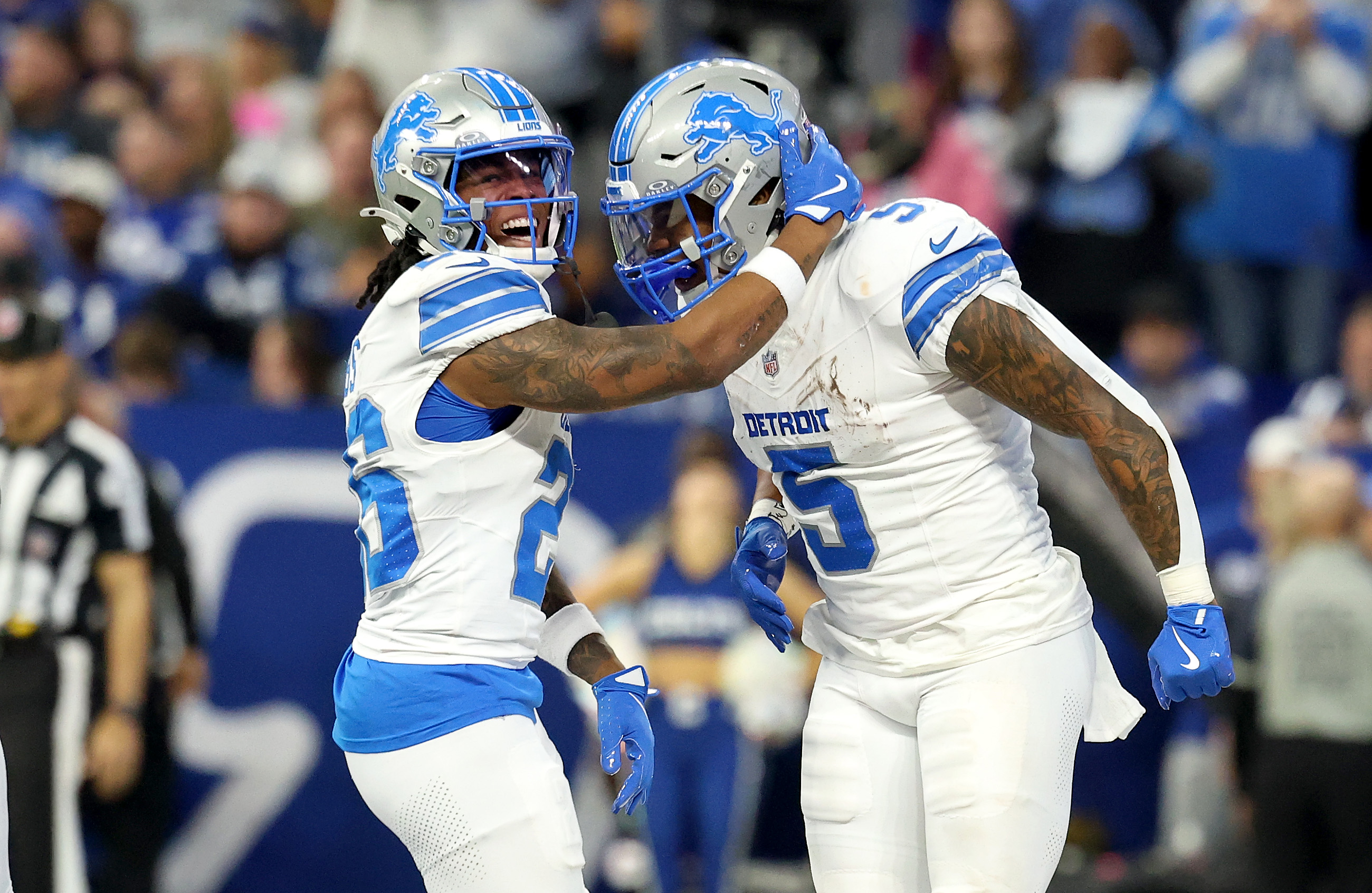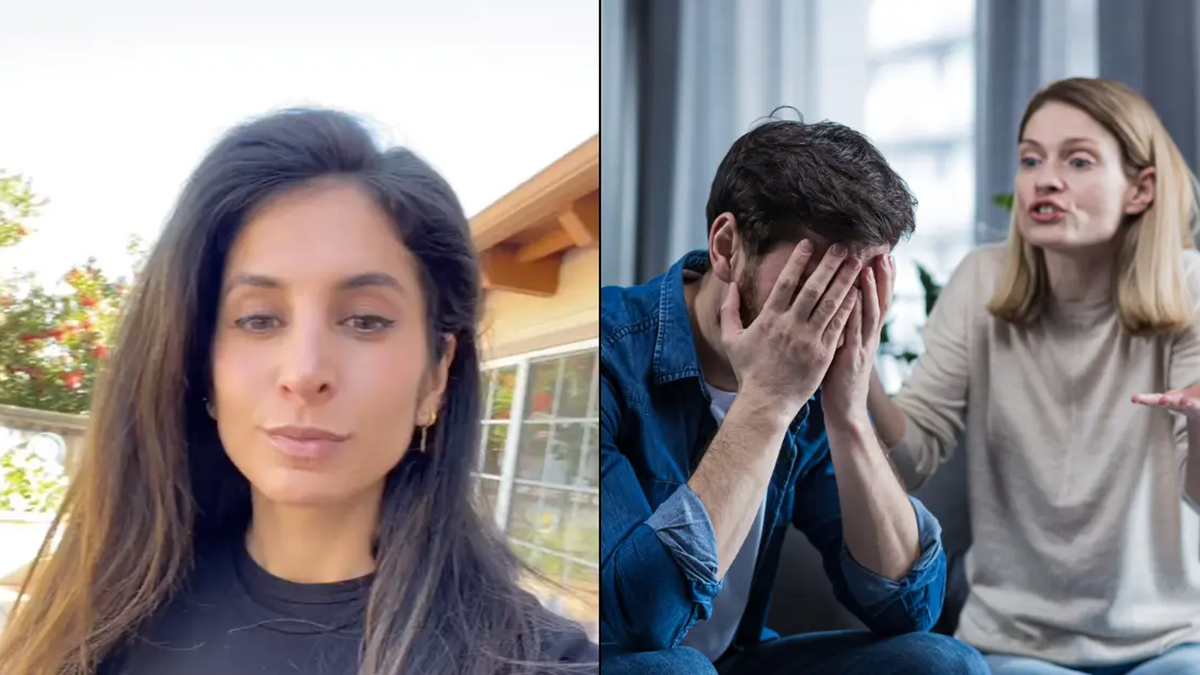We know that humans can talk in their sleep and judging by this video, they aren't the only ones who can communicate during slumber.
Racking up almost 200,000 views in less than 24 hours, the TikTok clip of Winston, a cane corso (@winston.canecorso), howling while asleep has left the internet in hysterics.
An extract from the caption states that "he woke himself up" on the second howl which isn't surprising as it's far from quiet.
In the comments, one user said: "he looked really embarrassed."
"He dreamt he was a wolf, then a sea lion, then a wolf again..." said another, referring to the animals that he sounded like.
It turns out, he isn't the only dog who does this and even humans can relate, a third commenter said: "I've done this snoring a few times."
Do Dogs Dream?

Yes, dogs dream! Just like humans, dogs go through sleep cycles, including REM (rapid eye movement) sleep, which is when the most vivid dreams happen. According to the American Kennel Club (AKC), studies suggest dogs often dream about their daily activities—running, playing or chasing their favorite toys.
In one experiment, scientists studied lab rats running mazes. The same parts of their brains lit up during sleep as when they were in the maze, showing they were dreaming about it. Researchers believe dogs dream similarly, replaying their day in their minds.
The part of the brain called the pons stops animals (and us) from acting out dreams. But in puppies and older dogs, the pons doesn't work as well, which is why they sometimes twitch or move while asleep. Scientists even temporarily turned off the pons in dogs during experiments, and the dogs acted out their dreams—confirming they dream about "doggy things."
So, when your pup is twitching, barking or wagging its tail during sleep, it's likely dreaming of its latest adventures.
Do Dogs Dream Differently?
Just like humans, dogs vary in how often and what they dream about. The American Kennel Club (AKC) highlights research by Stanley Coren, a psychology professor and expert on canine intelligence and behavior. Coren explains that smaller dogs tend to have more frequent dreams, but their dreams are shorter, while larger dogs dream less often but for longer periods. This might explain why Winston's howls during sleep lasted so long!
While we can't say for certain, experts believe breed-specific behaviors could influence their dreams. For instance, pointers may dream about pointing, Dobermans about guarding, and a Labrador retriever is probably more likely to dream of chasing tennis balls than a pug.
Newsweek reached out to @winston.canecorso for comment.
Do you have funny and adorable videos or pictures of your pet you want to share? Send them to life@newsweek.com with some details about your best friend and they could appear in our Pet of the Week lineup.



















 English (US) ·
English (US) ·